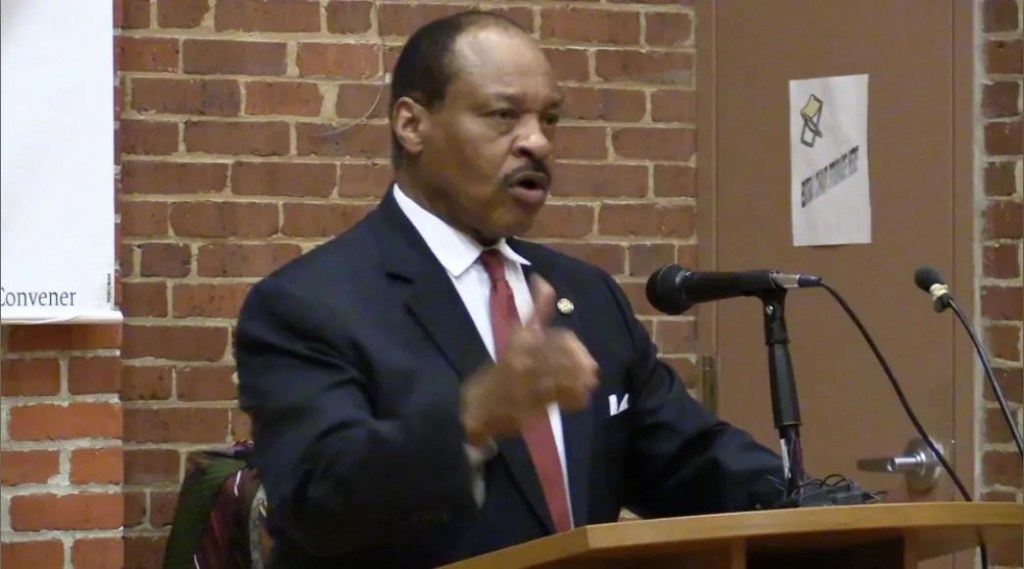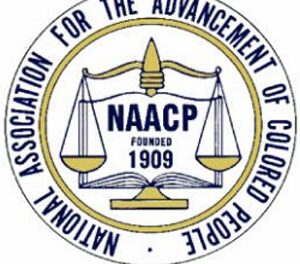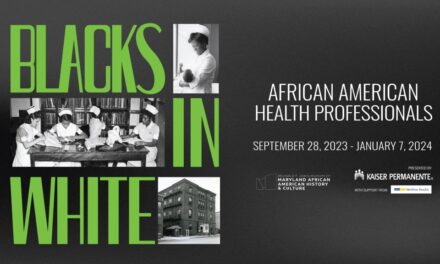By Tashi McQueen,
AFRO Political Writer,
tmcqueen@afro.com
Amidst the ongoing recovery and rebuilding efforts surrounding the Francis Scott Key Bridge, on April 8 members of the Caucus of African-American Leaders (CAAL), a consortium of Black organizations and individuals from around Maryland, called for Gov. Wes Moore and the Maryland General Assembly to rename the Key Bridge and the Senator Fredrick C. Malkus Jr. Memorial Bridge.
“If people understood what his real legacy was—Francis Scott Key—I think they would be offended,” said Carl Snowden, the convener of CAAL. “The reality is the vast majority of people do not know that Francis Scott Key was an enslaver.”
Key is well known for creating the song “The Defense of Fort McHenry” in Baltimore, which eventually became “The Star-Spangled Banner,” the U.S. national anthem.
Though Key defended enslaved people who sought freedom as an attorney, he also represented enslavers seeking to regain runaway “property.” During his lifetime he owned up to six enslaved people, contradicting his depiction of the U.S. as the “land of the free.”
Members of CAAL recommend the Key Bridge be named after the late Congressman Parren J. Mitchell instead.
“Congressman Mitchell was a national treasure and a son of Maryland,” said Snowden. “He was a founder of the Congressional Black Caucus, his legacy in the state of Maryland for public service is second to none. If we’re going to name a bridge it seems to me and others that we want to name it after people who all Marylanders can respect.”
As for the Senator Fredrick C. Malkus Jr. Memorial Bridge, they suggest the late civil rights activist Gloria Richardson.
Richardson was born in Baltimore in 1922 but moved to Cambridge, Md., with her family at the age of 6. Throughout her life, she has had much impact on the Black community, leading the Cambridge Nonviolent Action Committee and advocating for economic justice.
Moore responded briefly to the request, saying, “I am laser-focused on providing closure to these families, clearing the channel and rebuilding the bridge.”
U.S. Rep. Kweisi Mfume (D-Md.-07) reacted similarly to the request.
“I don’t have a problem with the renaming of the bridge,” said Mfume. “For me, the heavier lift and the harder push right now is to find a way to get Republicans on board, Democrats in unity and an appropriation to be able to come up with this $1 billion to rebuild the bridge as we once knew it.”
Mfume added that the bridge renaming process, if or when it happens, should be thoughtful and open.
Still, Snowden insists that now is the time to reconsider the name of the bridge.
“If we don’t take advantage” of the opportunity now, “it may never happen,” Snowden said. “Why not talk about the history of the man the bridge is named after, and make the appropriate changes?”
Tashi McQueen is a Report For America corps member.
The post Civil rights leaders call for Key Bridge renaming amid rebuilding efforts appeared first on AFRO American Newspapers.











